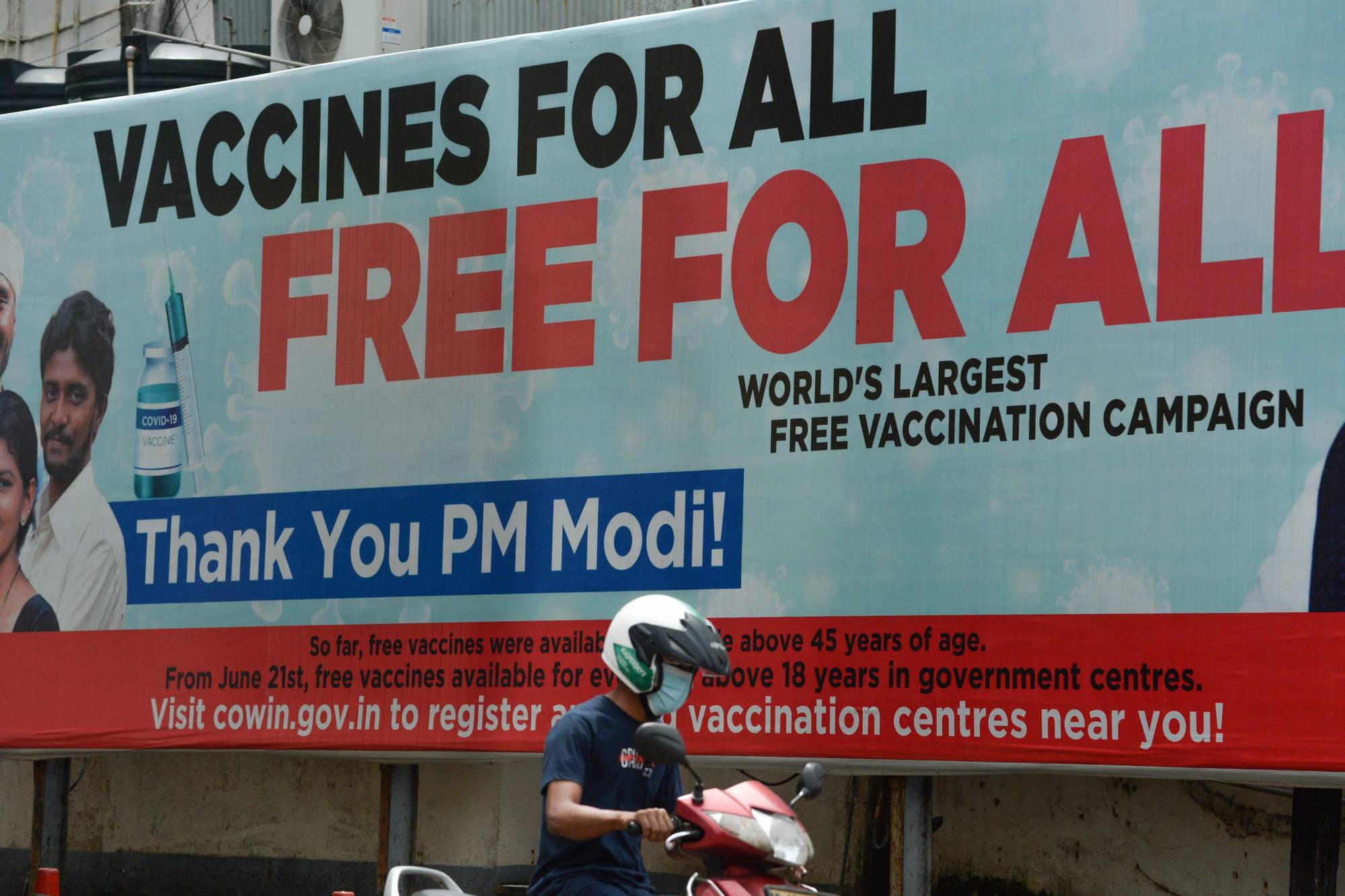Many reactions to COVID-19 can be explained by one simple concept: intertemporal substitution. Its awkward name notwithstanding, the idea helps to make sense of many behaviors that otherwise might appear irrational.
At the most basic level, intertemporal substitution means shifting an action or event to a more appropriate or advantageous time. A classic example from economics is that people will shop more when there are sales.
Now consider a more complex pandemic example. Before the vaccines came along, it made great sense to enforce masking norms. If infections could be shifted into the future, an eventually vaccinated citizenry would be much better protected.



